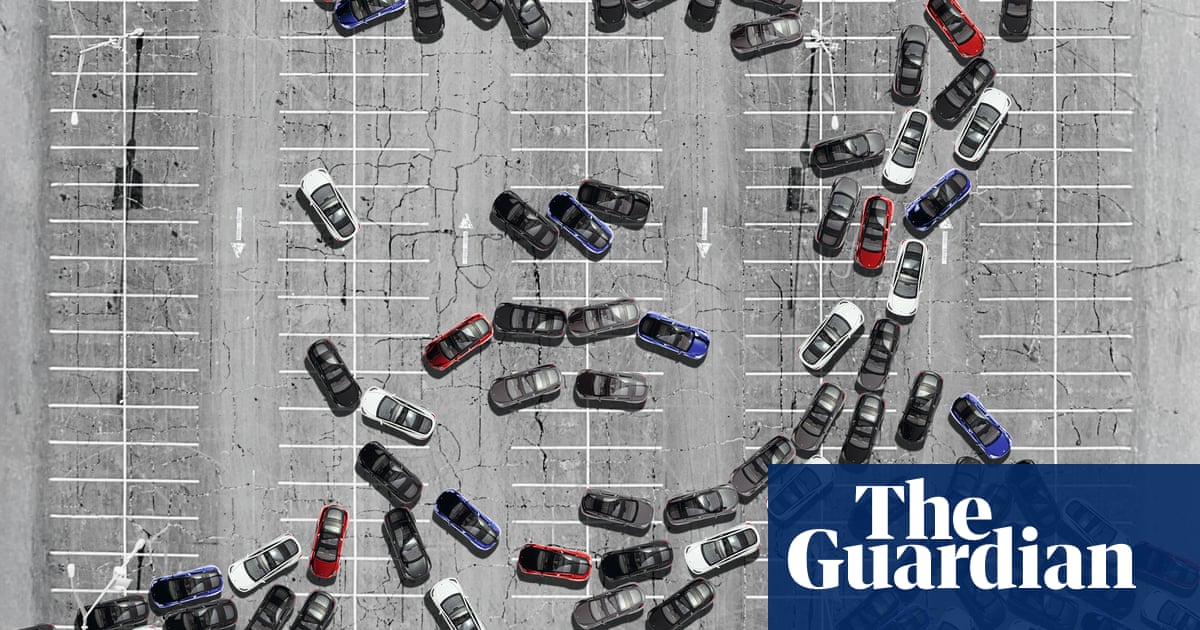The car came to rest more than 70 metres away, on the opposite side of the road, leaving a trail of wreckage. According to witnesses, the Model S burst into flames while still airborne. Several passersby tried to open the doors and rescue the driver, but they couldn’t unlock the car. When they heard explosions and saw flames through the windows, they retreated. Even the firefighters, who arrived 20 minutes later, could do nothing but watch the Tesla burn.
At that moment, Rita Meier was unaware of the crash. She tried calling her husband, but he didn’t pick up. When he still hadn’t returned her call hours later – highly unusual for this devoted father – she attempted to track his car using Tesla’s app. It no longer worked. By the time police officers rang her doorbell late that night, Meier was already bracing for the worst.



Do you have an example of another serious company working on the problem that also has concluded that lidar is unnecessary? Because I don’t.
I’m not an expert, but as I understand it, the consensus (excluding Musk of course) seems to be that lidar is necessary for proper functioning and safety in poor visibility situations, like in rain, fog or general darkness. I think the odds are good that the judgment of an overwhelming majority of companies is more correct than the judgment of Musk alone. Particularly considering Musk’s proven track record of cost cutting that puts users’ lives in danger, for example not being able to manually open the doors of burning Teslas.
Lidar has strengths that complement where video has weaknesses. That seems like a good thing. However it is bulky and expensive, and not yet produced at scale. Those are bad things. Whether it really makes a difference in simplifying the machine learning, only those developers know. You have to balance the pluses and minuses, and just because one company came up with something different, doesn’t mean it’s wrong.
Maybe it won’t work without lidar but maybe it will - in the meantime Tesla has saved like $1,000/car times however many million they produce. If they succeed, then they have a solid cost and scalability advantage
The deciding point is if someone does develop general self-driving. Will those who are behind be able to swallow their pride and modify their approach?